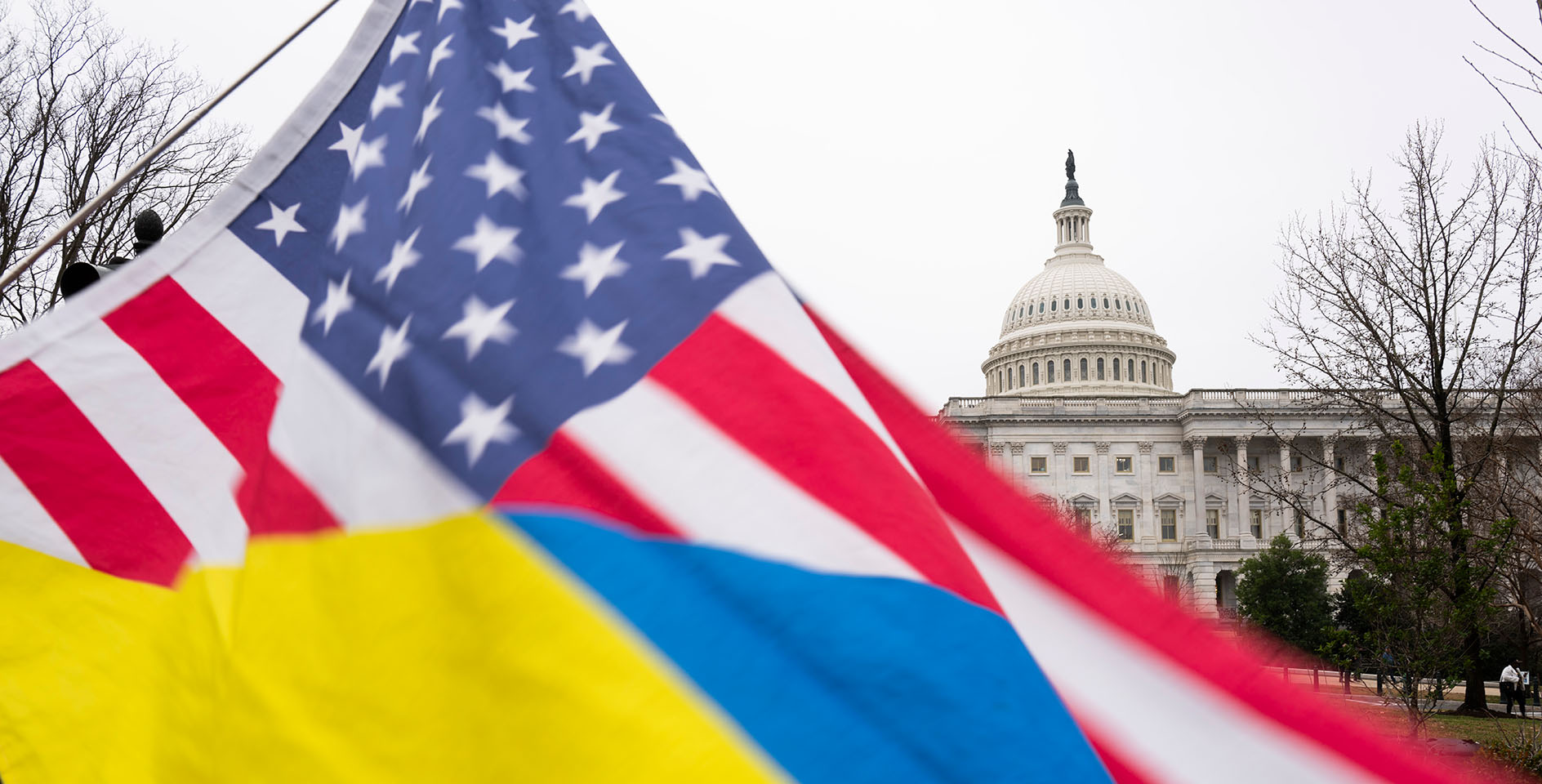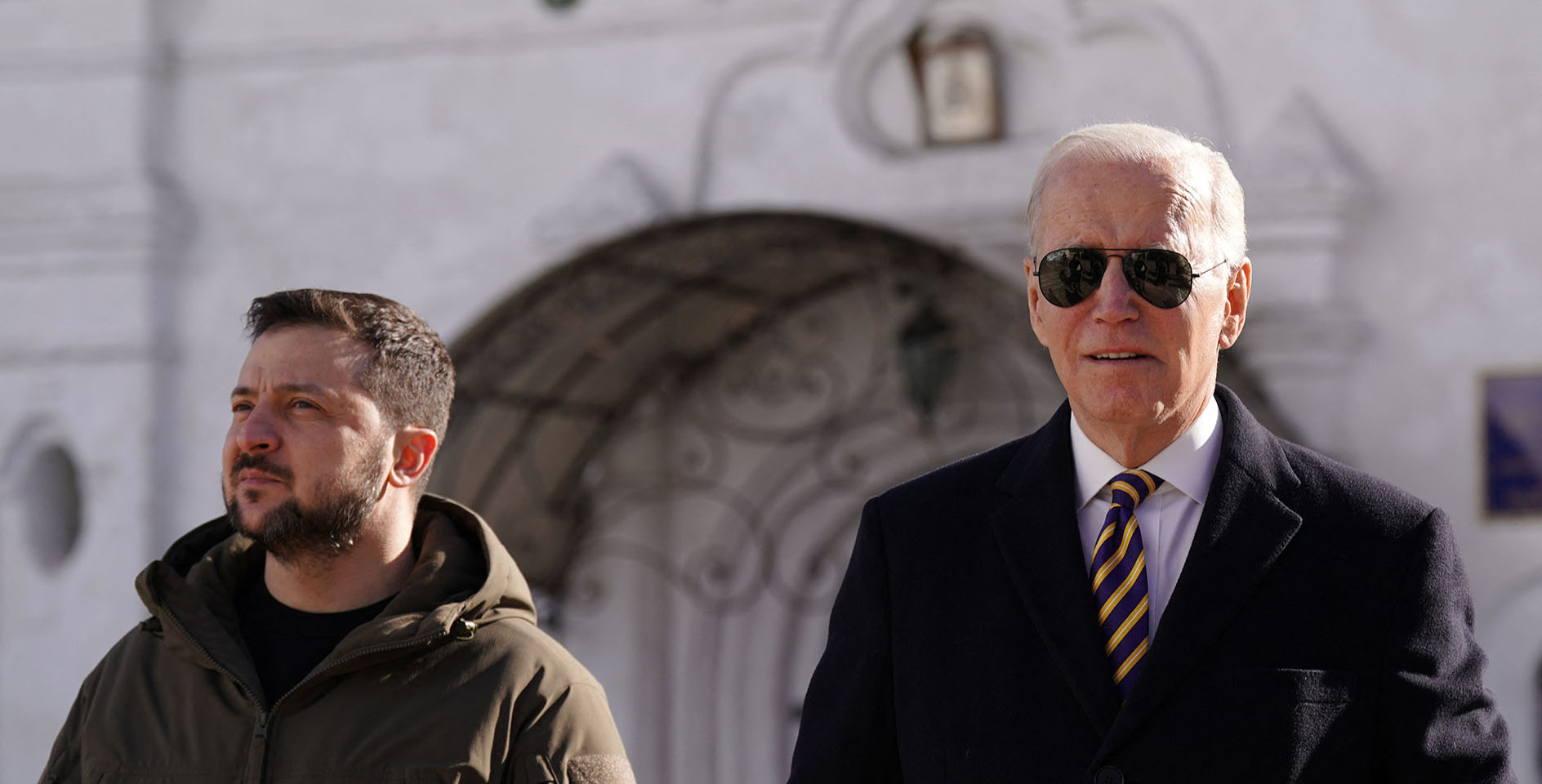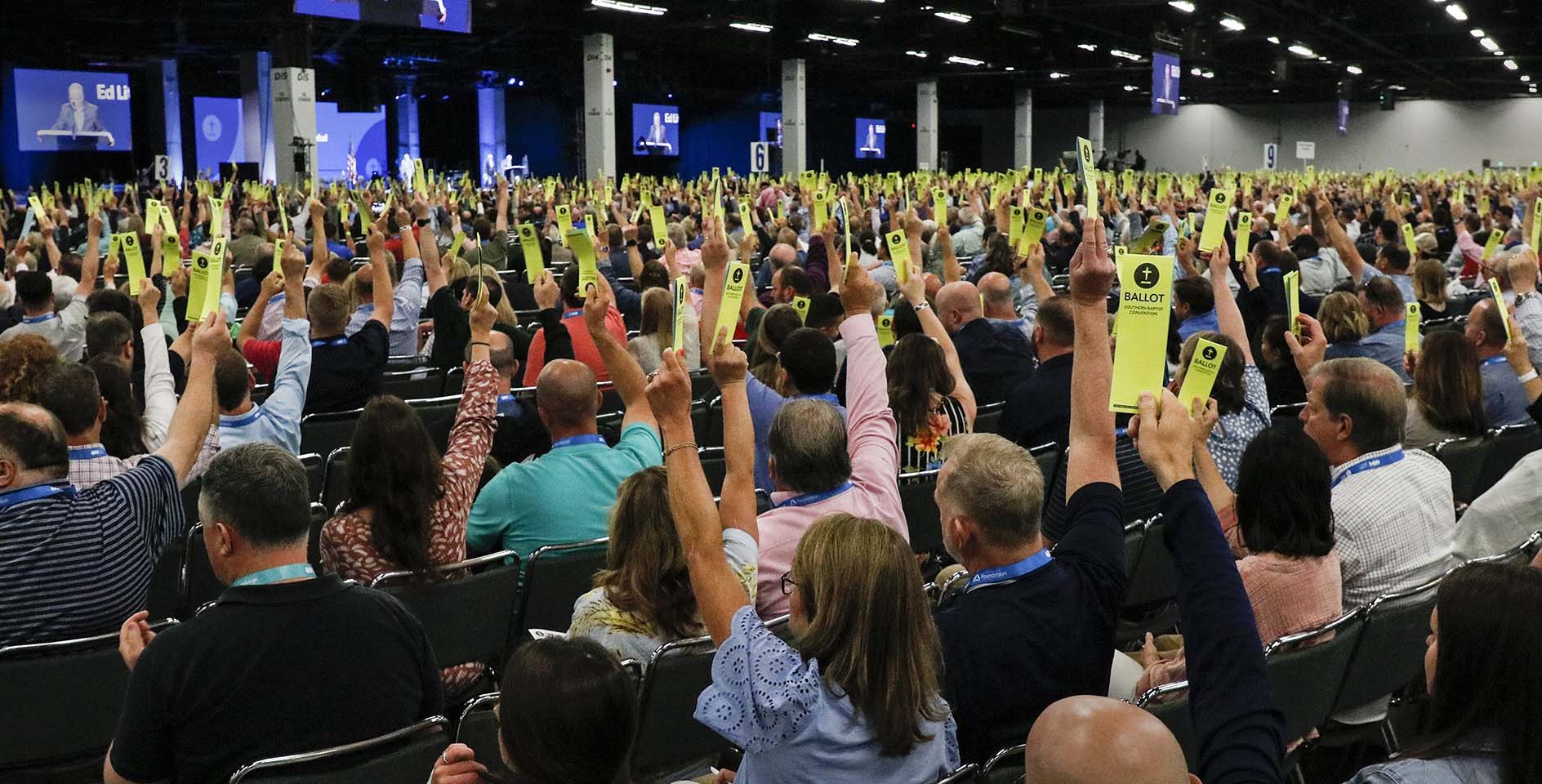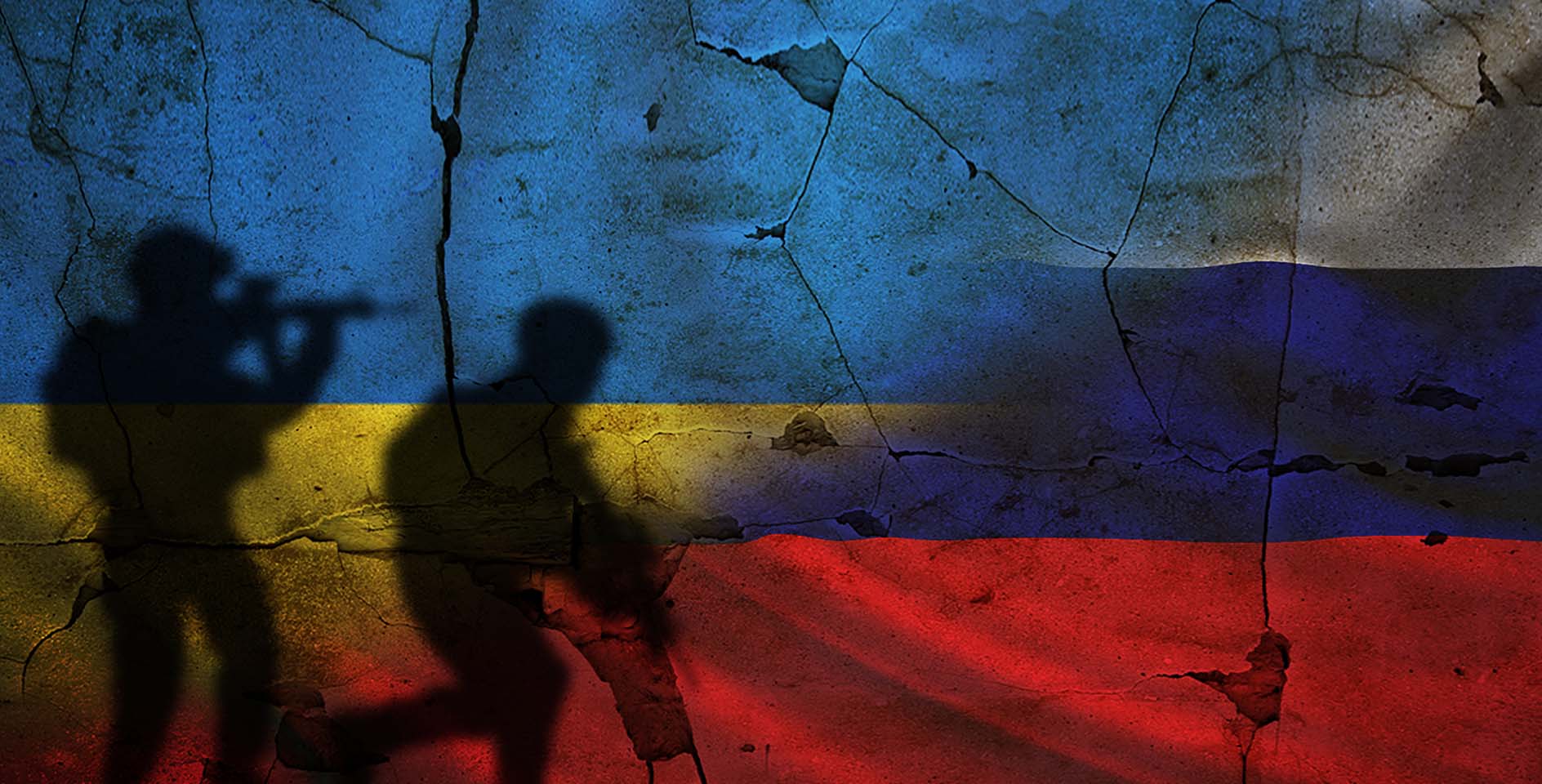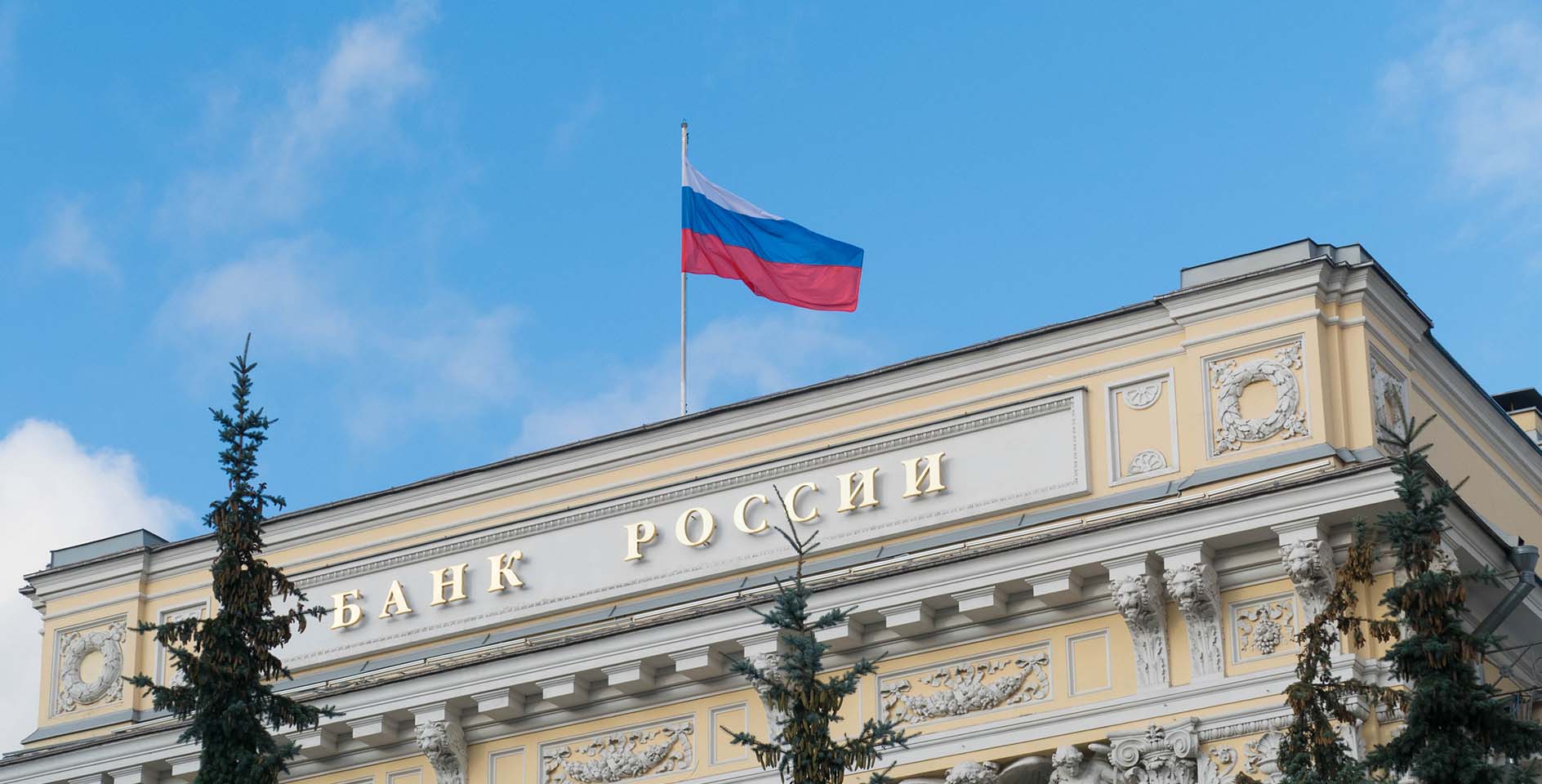Exactly one year ago, I was about to deliver remarks to a Southern Baptist meeting, when the news alerts lit up my phone. The long-predicted Russian invasion of Ukraine had commenced. Russian troops had initiated a new incursion deep into Ukraine’s heartland.
After I announced the development to the room, you could sense the audience was contemplating what this might mean for our nation, as well as what it meant for missionaries serving there and our Baptist national partners on the ground.
Points of clarity
Twelve months later, many of those questions remain, though we do have clarity on several fronts.
First, Ukrainians have made a valiant stand against their Russian aggressors. While they have sustained a barrage of attacks that have taken numerous innocent lives and demolished infrastructure throughout their country, many analysts have said the Russian military has taken far greater losses. Backed by an impressive array of support from America and European allies, Ukraine has been able to beat back an initial threat to its capital, Kyiv, and has even retaken ground lost in its east. Few would have predicted this kind of result a year into the conflict.
Secondly, the Southern Baptist Convention has been engaged from both a ministry and advocacy standpoint throughout the year. Send Relief, the SBC’s compassion ministry, jumped into action to help Ukranians who flooded across national borders, fleeing from the war zone. They provided basic necessities and connected them with partners who could provide shelter. Estimates from Send Relief put the number of displaced Ukrainians around 15 million—the largest such crisis in Europe in generations. To meet the demand, Southern Baptists and our partners have given over $12 million through Send Relief.
Paul Chitwood, president of the International Mission Board, has made several trips to the region during the war. He’s visited Baptist churches in Romania and met with our missionaries who have offered input about what support is needed. In the U.S., the ERLC has advocated for Ukrainian refugees before the federal government to ensure they receive the support and asylum they need from the horrors back at home.
None of this response should be surprising. Baptists have long felt a calling to bring the good news to Ukraine and partner with the many Christians who call the nation home. As a result, an impressive network of Baptist churches, associations, and institutions are spread across the country. In some respects, a gospel bulwark has sprung up in Ukraine against the encroaching lostness that plagues so much of Europe. The solidarity and support expressed for the nation from Baptist communities in Romania, Moldova, and other nearby countries also demonstrates the key role Ukraine plays in the region.
Finally, this conflict is clearly driven by a vision to recapture the influence once held by the USSR and the appetite for conquest of one man: Vladimir Putin. The valiant stand of Ukraine and the incredible outpouring of support should not obscure the fact that the last year, under Putin’s direction, has been nothing short of hellish for Ukrainians. A bipartisan majority of American officials, reminiscent of the kind seen under the Reagan Doctrine—from President Joe Biden to Senate Minority Leader Mitch McConnell—have rightly said Russia’s illegal and unjust invasion must be opposed and stopped.
Our European allies have resolutely said the same, knowing that a successful takeover of Ukraine by Putin won’t end there. Who knows how far he will go to restore a Soviet-like domination of Eastern Europe? We would do well to remember he has called the downfall of the USSR the greatest tragedy of the 20th century.
Thinking about year two
So what does this mean for us as we begin a second year of this war?
Unfortunately, as NPR put it in one of its articles this week, “more misery” is ahead. Russia seems unlikely to relent, and so Ukraine, justifiably, will continue fighting for its survival. Those of us outside the immediate theater of war will continue to feel ripple effects in terms of a refugee crisis and unexpected swings in the international economy.
Western support, especially America’s resolve, will be tested in the coming months. At this point, the U.S. has provided $110 billion in military and economic aid to Ukraine, according to The Wall Street Journal. A number of voices, particularly in the political realm, are beginning to question the wisdom of providing that aid or whether it is being used properly.
As a matter of principle, I’m not opposed to scrutinizing how taxpayer resources are utilized. I’m a conservative in my philosophical and policy views. But in this instance, we know the answers. The Journal also indicates that the U.S. Inspectors General have assigned 177 auditors and investigators to track how these funds are deployed. Far from a “blank check,” these funds are being monitored closely to ensure they go to their intended objectives. If Putin accomplishes his aims and become an even larger threat to Europe, the long-term costs would be far greater.
On a personal level, I have had individuals tell me I am taking an unbiblical view in my support for Ukraine, citing Matthew 5:9: “Blessed are the peacemakers.” I understand their critique. My response is, “Absolutely, I want peace. And, in this situation, I want an aspiring autocrat who attacked a peaceful democratic neighbor to pull back his forces.”
Given Putin is unlikely to be persuaded by such a statement, I believe our next best option is to support Ukraine’s defense while continuing to work all diplomatic avenues that lead to a resolution respecting Ukraine’s territorial sovereignty. This route promotes peace (Rom. 14:19) in the region while also ensuring innocent lives have the resources and support needed for protection.
Ultimately, that is my main concern. Putin’s invasion is nothing short of a grave injustice being perpetrated against those made in God’s image (Gen. 1:26-27). Over the last year, we have witnessed the pummeling of a society and annihilation of innocent lives. Our hearts should break with every destructive blow. At a minimum, we should all pray for the Lord to turn Vladimir Putin from this wicked war and for his salvation. We should seek a day when the bombs, rockets, and artillery would fall silent. If our nation’s support for Ukraine helps make that a reality, we should, as the Baptist Faith and Message puts it, “do all in (our) power to put an end to war (Article XVI).”





